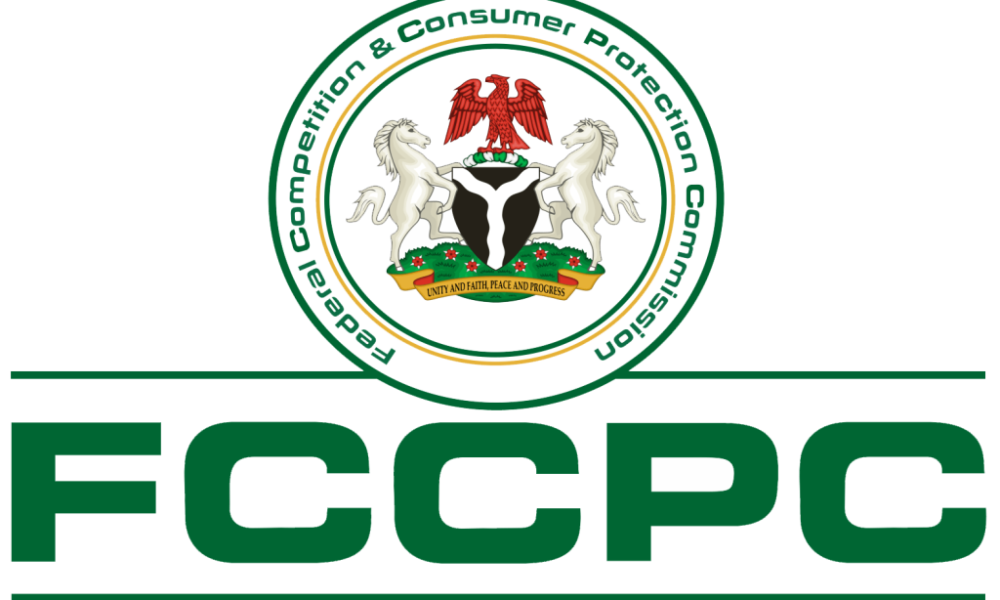In Nigeria, the struggle against substandard products is a daily reality for consumers across the country. From counterfeit medicines to fake electrical appliances, the prevalence of substandard goods poses serious risks to public health, safety, and economic stability. This pervasive issue not only undermines consumer confidence but also challenges regulatory bodies tasked with ensuring product quality and safety standards.
The Proliferation of Substandard Products
The influx of substandard products into Nigerian markets stems from various factors, including lax enforcement of regulatory standards, porous borders facilitating importation of counterfeit goods, and unethical business practices aimed at maximizing profit at the expense of consumer welfare. These products often mimic reputable brands, making it difficult for unsuspecting consumers to distinguish between genuine and counterfeit items.
Health and Safety Risks
One of the most alarming consequences of substandard products is the threat they pose to public health and safety. Counterfeit pharmaceuticals, for instance, can contain incorrect ingredients or improper dosages, leading to treatment failures, adverse reactions, or even fatalities. Electrical appliances that do not meet safety standards pose fire hazards, endangering lives and property. Inadequate food and beverage products may cause foodborne illnesses, further exacerbating health risks among consumers.
Economic Impact
Beyond health concerns, the economic impact of substandard products is significant. Consumers often bear the financial burden of purchasing inferior goods that fail to meet expectations or break down prematurely. This leads to increased expenses for repairs or replacements, diminishing disposable income that could otherwise be spent on essential needs or higher-quality products. Moreover, industries producing genuine goods face unfair competition from counterfeiters, stifling innovation and investment in legitimate businesses.
Consumer Rights and Legal Challenges
While Nigerian consumer protection laws exist to safeguard consumers against substandard products, enforcement remains a major challenge. Limited resources, corruption, and bureaucratic inefficiencies within regulatory agencies contribute to a lack of effective oversight and enforcement mechanisms. As a result, perpetrators of substandard products often evade prosecution or face minimal consequences, perpetuating a cycle of impunity and consumer vulnerability.
Empowering Consumers through Awareness and Advocacy
Addressing the scourge of substandard products requires a multifaceted approach. Empowering consumers through education and awareness campaigns about product quality and safety standards is crucial. Encouraging consumers to report suspected cases of substandard products can help regulatory agencies identify and address problematic areas more effectively. Strengthening regulatory frameworks and enhancing collaboration between government agencies, industry stakeholders, and consumer advocacy groups are essential steps toward improving oversight and enforcement.
The Role of Technology and Innovation
Advancements in technology offer promising avenues for combating substandard products. Technologies such as blockchain can be utilized to track and verify product authenticity throughout the supply chain, thereby reducing the incidence of counterfeit goods. Innovative testing methods and quality assurance protocols can help identify substandard products before they reach consumers, ensuring greater product safety and reliability.
Conclusion
The battle against substandard products in Nigeria is a complex and ongoing struggle that requires collective effort from all stakeholders. By prioritizing consumer safety, strengthening regulatory frameworks, and promoting ethical business practices, Nigeria can mitigate the adverse effects of substandard products and foster a marketplace where consumers can confidently access safe and high-quality goods. Ultimately, empowering consumers with knowledge and ensuring robust enforcement of standards are key to safeguarding public health, enhancing economic stability, and promoting sustainable development in Nigeria.









